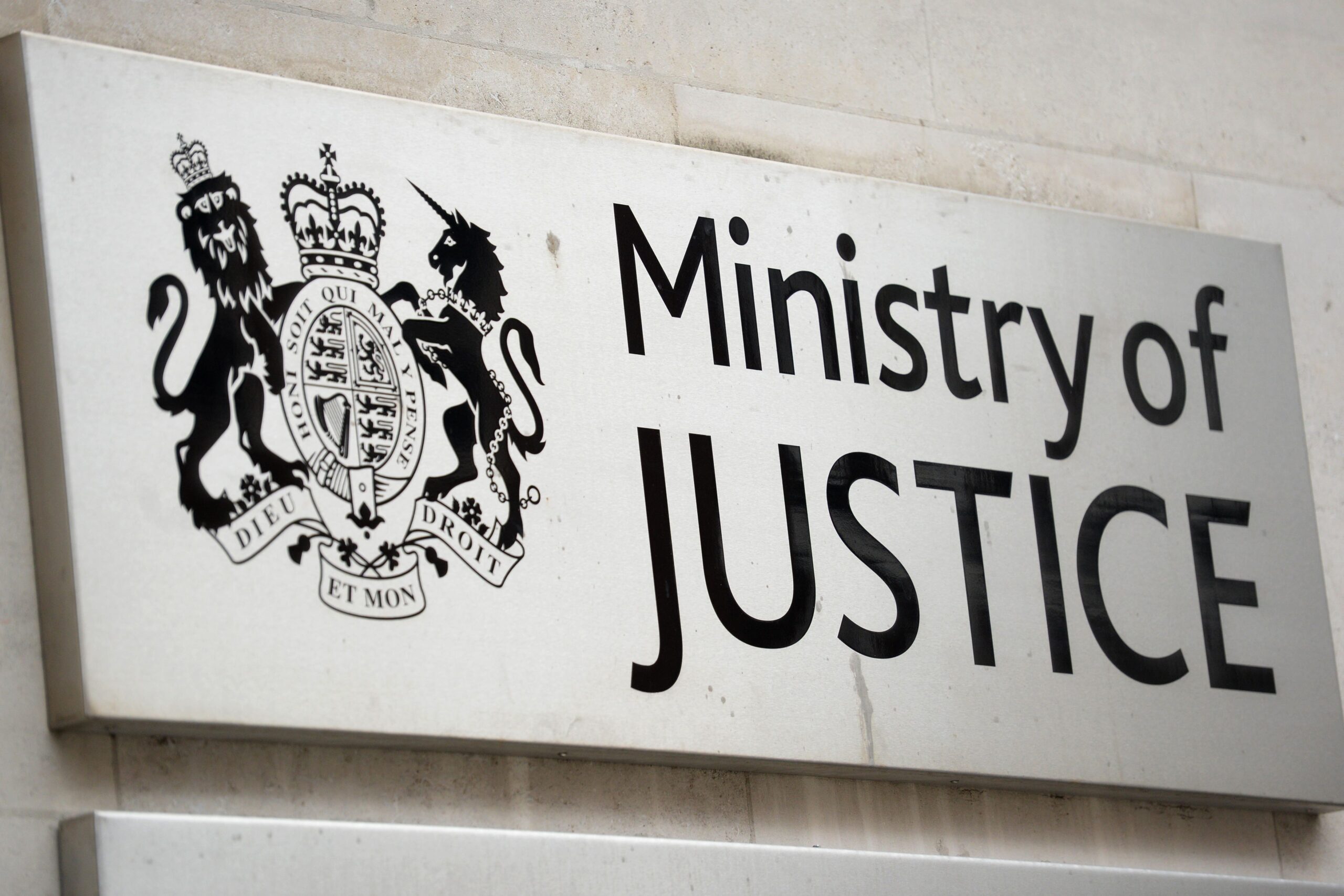Prisoners freed from indefinite jail terms and other long-term sentences are dogged by stigma and feel “set up to fail” on their release, a report has warned.
In-depth research into the experiences of prisoners released from long-term incarceration has revealed many feel abandoned and ill-equipped to cope with life on the outside as they struggle to find housing, employment and rebuild their lives.
Those serving controversial Imprisonment for Public Protection (IPP) jail terms – which were abolished in 2012 – and life sentences also describe living under an “overwhelming” threat of recall if they fail to comply with complex and sometimes “infantilising” licence conditions.
Experts have called for judicial oversight of recall decisions and a package of measures to help offenders reintegrate in a major new report from the Prison Reform Trust, The Independent can reveal.
This includes pre-release training focussed on technology, including how to use a phone or laptop, how to use the internet to search for job opportunities, how to send an email and set up online banking.
One woman released from a life sentence recalled: “I remember seeing an iPhone… I’d never seen a smartphone, used a smartphone. Like, what is that? What’s an app on a phone?”
The report also calls for dedicated resettlement teams and a departure pack to ensure prisoners leave with basics including clothes, toiletries, identity documents and a SIM card.
Many prisoners feel dogged by the stigma of their criminal record and “society’s reluctance to forgive or offer somebody a second chance”, the report found.
Others described “being ‘set up to fail’ in the community” and “not being given a fair opportunity to restart their lives”.

One released IPP prisoner described experiencing anxiety and fear as he was freed, adding: “I was in tears. I was blubbering like a baby.
“It was daunting leaving the friends I made but I had to leave them. I mean I just broke down but I felt happy as well, eventually getting out.”
He said he felt “completely baffled” by the rapid pace of the outside world after years of incarceration.
Despite spending almost two years in the community he can be recalled to prison indefinitely for even the most minor breaches of his licence conditions. This could include something as simple as forgetting to notify probation of the registration of his new car, the report said.
“Obviously I’ve got some freedom to make choices, but ultimately, you know yourself that you’re not free,” he said. “Like my freedom could be taken away from me at any point if things go wrong or whatever.”
He said inflexible licence conditions made it more – rather than less – likely that he would get in trouble again, adding: “I know 100 per cent I’m never going to commit any more crimes. That’s very easy for me to say that to you, but it’s not that that’s the problem.
“It’s the one million and one licence conditions that could cause me to have a failure and there’s no compromise, there’s no understanding.”
He described the constant threat of recall as “super exhausting” and emotionally draining, while another IPP prisoner described it as the “recall burden”.
“I could somehow miss an appointment and get recalled… or someone could have made false accusations against me and get me recalled,” he said.
The same prisoner also described struggling to adjust mentally to a world that had changed, concluding: “People released from prison are set up to fail.”
The report has called for recall decisions, which are currently undertaken by probation officers with “severe and often disproportionate consequences”, to be given independent judicial oversight.
They also called for more regular reviews of licence conditions with the purpose of removing those that are no longer necessary or proportionate to the individual’s resettlement.

Other prisoners said “nearly everything you can think of” is a problem when you return to the community, as they face judgement and difficulties finding work, relearning to drive, getting access to the internet and finding affordable housing.
One female prisoner released from a life sentence over five years ago said it felt “crushing” every time she has to disclose her conviction.
“It would be like, the only way I can kind of explain it where you would understand how hard it is would be like putting your dirty underwear on the line for everybody to look at,” she said.
“It’s like it crushes you every time. It’s crushing. It’s like, I don’t want to tell people who I don’t know this crushing thing that I’m hugely ashamed of, that I was involved in all that mess.”
Pia Sinha, chief executive of the Prison Reform Trust, said the reports highlights the urgent need for targeted to support for people leaving long prison sentences.
She added: “It [the report] comes at a critical moment, as policymakers seek new solutions to arrest the prison capacity crisis. The upcoming Sentencing Bill and government commitment to invest an additional £700 million towards probation and resettlement services are a real opportunity to act on these recommendations.
“Getting reintegration right benefits not just prisoners, but victims and wider society as a whole.”
A Ministry of Justice spokesman said: “We’re determined the criminal justice system creates better citizens, not better criminals. That is why every prison offers vital education and training, and we’re linking up more governors with local employers to help people turn their backs on crime.
“IPP prisoners still in custody receive tailored support, including better access to mental health care and rehabilitation programmes to help prepare for release and employment.”
